My Thoughts: The Life-Enhancing Joy of Romance Novels
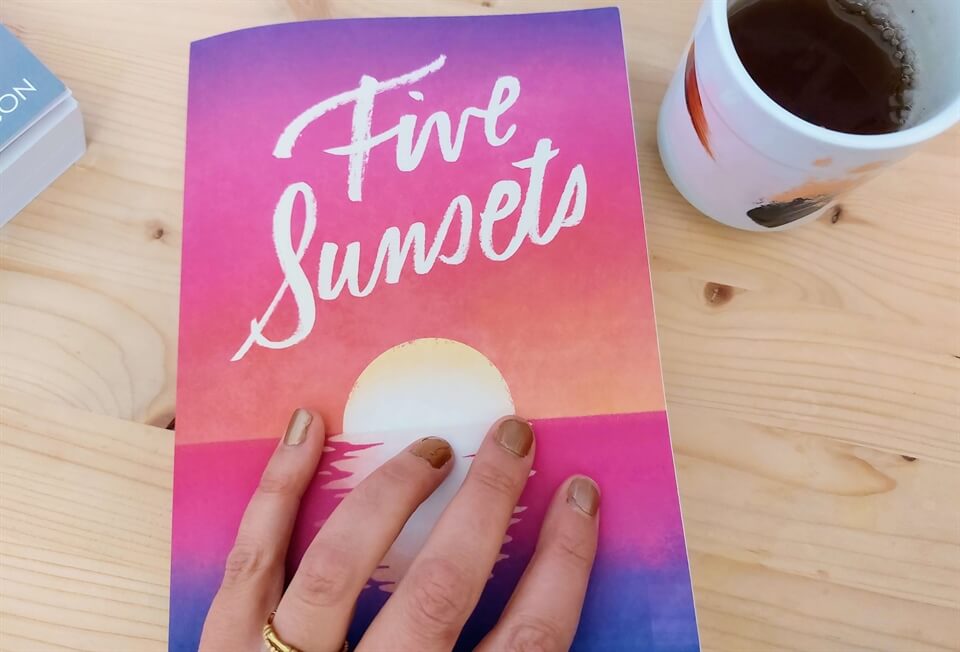
In my last update about giving this writing fiction gig a go, I touched on how reading, and now writing, romance novels has completely changed my writing life. Hinting in that article that I would go into this in more detail, I am finally doing that today in a blog post I really can only title "The Life-Enhancing Joy of Romance Novels" because romance novels bring me exactly that - a lot of life-improving, serotonin-boosting joy - both as a reader and as a writer.
To find out how, and to discover more about the impact of romance novels on my writing practice - and productivity! - please do read on.
What are Romance Novels?
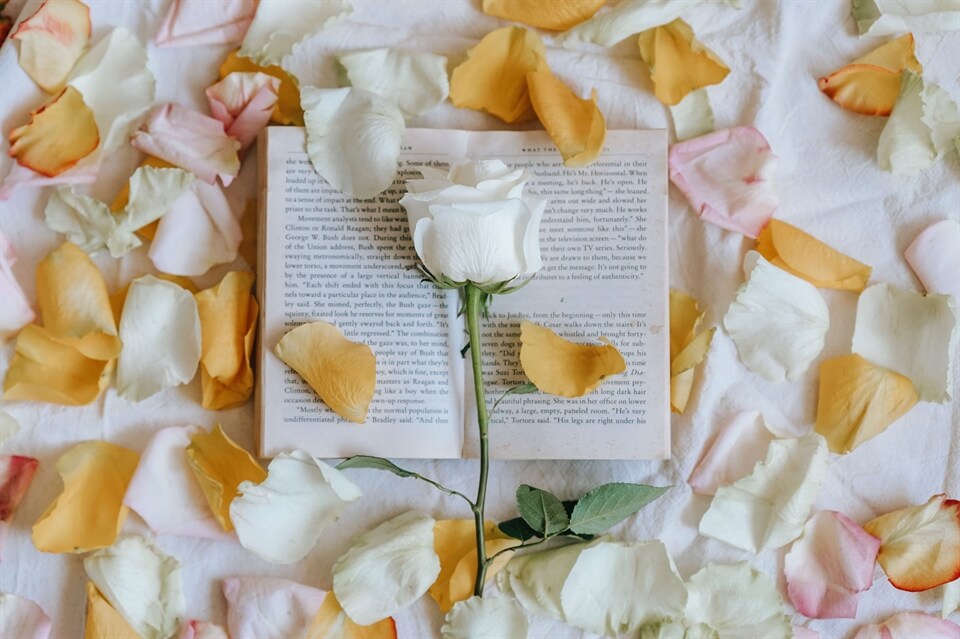
It seems sensible at this stage to clarify what exactly is a romance novel. I say this because until three or four years ago I had a very wrong idea of what romance novels were. Back then, I thought they were novels (that part is easy!) that had romance as the central plot, i.e. falling in love and/or being in a romantic relationship. Because of how romance novels have been marketed historically and in recent years (think bare-chested heroes with fair maidens in long dresses for the former, and cutesy cartoon illustrations of attractive mostly white, cis, able-bodied straight couples for the latter) I also assumed romance novels were mostly about conventionally attractive cis-het male and female couples. Furthermore, I used to think that romance novels focused solely or heavily on a boy meets girl, boy gets girl narrative with very few other plot points or themes. While I was aware that these books featured sex scenes, I assumed they were perfunctory and one dimensional, and I suspected more interesting, exploratory scenes would be found in erotica. My final assumption was perhaps the one that kept me away from romance novels the longest; I assumed if they weren't poorly written, they would be "easy-reading", i.e. a very distant cousin from the quality contemporary literature I prided myself on enjoying most.
I have come to discover that these assumptions are all wrong.
Firstly, romance novels are defined pretty much by one thing and one thing only - a happy ending, or alternatively, a happy for now. How they get there (and who "they" are) is very much open to the author's own interpretation and creativity, but the one thing that makes a romance novel a romance novel is that the heroes are happily together in the end.
Secondly, there are romance novels about any and every kind of romance. There are countless sub-genres within the romance genre itself and within all sub-genres, romance is experiencing a rapid transition to include many brilliantly diverse representations of romance and romantic heroes. Notice I haven't specified couple or pairing because indeed there are whole sub-genres within romance that are specifically about throuples, polyamorous groupings and also so-called reverse harems (where multiple love interests are involved and committed to one woman).
As for the sex scenes in romance, they are just as varied and just as descriptive - or not - as you wish. Again there is something for everyone. And yes, I have read romance novels with sex scenes that could absolutely be called erotica, but the key difference is that when they are included in a romance novel that has that all-important HEA and some kind of plot development taking you there, they are therefore erotic romances, not erotica.
Finally, as to whether romance novels are poorly written, and if they are only easy-reading, well, I have discovered neither of these things are true. But even if they were, that wouldn't necessarily be a bad thing. I'll explain more further on.
Why I Didn't Read Romance Novels Before
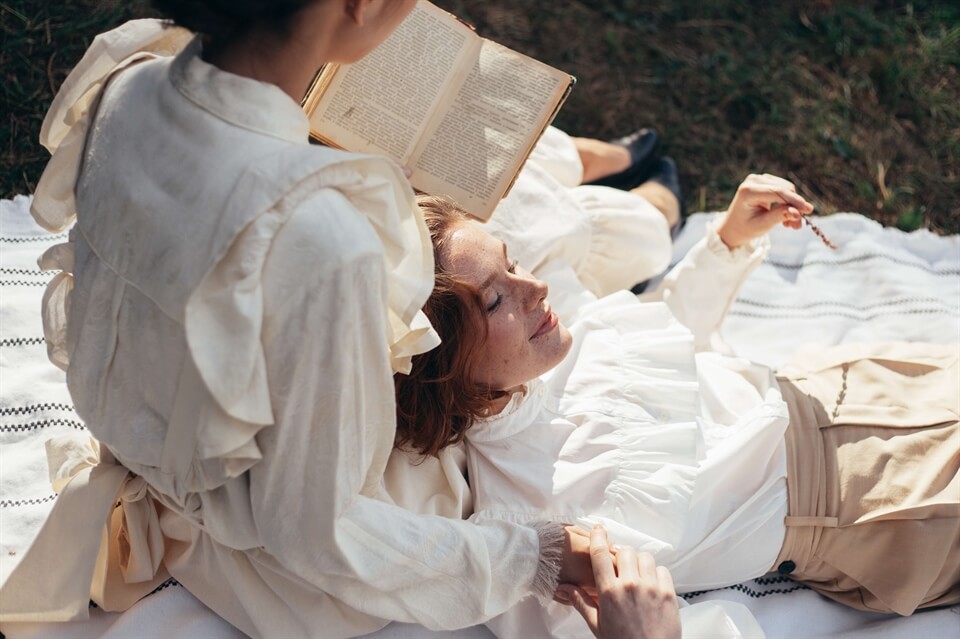
I think my assumptions as outlined above go some way to explain why I didn't read romance novels before. And to quote a crass but strangely and thematically appropriate turn of phase, yes, this was very much a case of me cock-blocking myself. By having these assumptions I was preventing myself from experiencing joy, but that's jumping ahead a bit. First let's touch on why I had these assumptions.
The long and the short of it is that until recent years, romance novels have been marketed a certain way and for very specific reasons. In the late mid 20th century, imprints like Mills & Boon and Harlequin grew at a rapid pace fueled by the success of their so-called "bodice rippers". These books played up the sex appeal of their raunchy romances - from the content in the books and the covers featuring scantily clad men dominating barely dressed women, and all of the above with your typically Westernised beauty ideals firmly in mind - and they were incredibly popular. And why not? Sex sells and women are allowed to experience pleasure too.
However, it seems we missed a trick in celebrating this and seizing hold of that key message, because rather than using this to emancipate women's sexualities and pleasure, in a very roundabout way, romance novels have previously been used to shame women and their desires. While I believe this is a tragedy, it is not wholly unexpected.
At the same time that mass market romance novels were reaching their peak popularity in the 1960s and 1970s, we were also experiencing a feminist uprising. A feminist uprising that focused greatly on de-sexualising women in order to prove our equality with men. While it wasn't an exclusive tactic of feminist activists and scholars - indeed many Black feminist writers and speakers were already commenting on the power of a woman's sexuality in her liberation - it was certainly not the norm to celebrate a woman exploring her sexuality (through reading love scenes in a romance novel or otherwise). Instead, such activities were shunned and shamed because there were believed to be more important issues at stake when it came to women's liberation. This spilled into the 1980s and 1990s, a time when feminism was a lot more focused on breaking glass ceilings in corporate environments than it was questioning why a multi-million dollar industry - which the romance publishing world was by then - was so ridiculed, dismissed or simply ignored by so many.
Perhaps I didn't need to go so in-depth with my historical analysis. Perhaps it is enough to simply say that romance novels are primarily written, read and loved by women, and as such they are deemed less valuable, less worthy, just "less than" something that men have more input in and control over. In other words, misogyny is what has attached a very stubborn stigma to romance novels, and like with all of misogyny's victims, it will take time to change this.
Now let's talk a bit about the bad reputation that romance novels have received over the years, in terms of being poorly written or not of quality. It took me only a few minutes to realise how wrong that was when I picked up a romance novel and began reading it. Lyrical prose, beautiful imagery, enrapturing language and vibrant characterisations; romance novels have it all. Of course the "quality" varies from author to author and book to book, but it should very much be stressed that "quality" is very subjective and one romance reader's "trashy" novel will read like another's most beautifully written book. And that's okay. We all have our own tastes when it comes to how a book is written as much as we have our own likes and dislikes when it comes to the plot, the characters, and the overall experience a book gives someone. To shun someone because they like uncomplicated, readable prose is, frankly, a little classist and elitist, possibly even a bit ableist, and ultimately contributes to the gate-keeping mentality that contributes to the stigma attached to romance novels. I've read possibly one hundred romance novels in the last few years and they have ranged widely from incredibly intricate literary-style prose through to the above easy-reading style, and I have enjoyed them all,
But it's not just the quality of a romance novel that has been attacked publicly. As recently as 2011, a British psychologist (disappointingly a woman) was quoted in a Live Science article stating how romance novels are bad for women because they "offer an idealized version of romance, which can make some women feel bad about themselves because their relationships aren't perfect". In my very limited experience of reading (and writing) romance novels I can honestly say that while elements of a romance may often require a stretch of one's imagination - but what is fiction for if not to demand or inspire that of us! - most romance novels I've loved have been delightfully good at bringing fine examples of healthy relationships, nurtured connections and empowering examples of love and respect to life on the page. Indeed, that's the very reason why I love them.
Why I Read Romance Novels Now
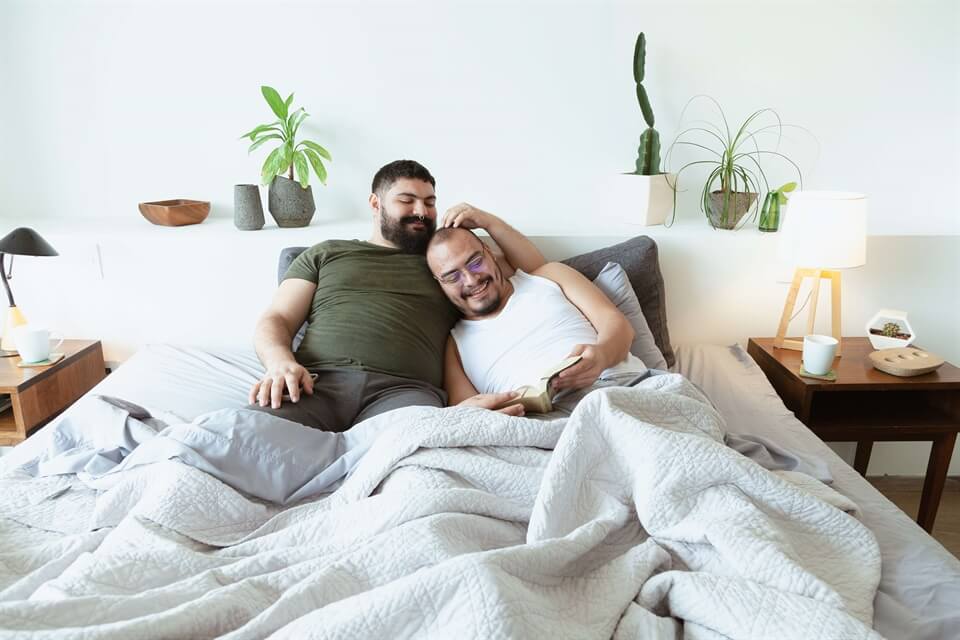
So yes, I love reading romance for the diversity, for the soppy feels and for the empowering and positive representations of many different characters and relationships. I also love the escapism and most bizarrely of all, I love the predictability of romance novels.
In terms of escapism, romance novels also offer me all the same opportunities to run away from the real world that other fiction does.
One of the reasons I was turned off by romance novels was how I believed they were formulaic and predictable. Boy meets girl, boy gets girl. Job done. As a reader who loves the twists and turns of thrillers and a writer who prides herself on having an unexpected ending in her thrillers and short stories, this predictability just didn't appeal to me. Weirdly, this was one of the few assumptions I had about romance novels that was correct. As mentioned above, yes romance novels do have a guaranteed satisfying ending, typically, lovers being together and enjoying their happy ever after or happy for now.
What I never considered previously was how this could be a good thing. I'd never imagined how comforting it could be to read a romance full of ups and downs, highs and lows (and indeed some sub-genres of romance like dark or taboo romance can get very dark and heavy) and know it will all work out in the end. Indeed, I have since discovered, knowing that there is a happy ending on the horizon is a real source of pleasure and lets me lose myself so much more in the story than say when I'm reading a thriller and am forever looking out for any small detail that may or may not reveal what twists and turns lie ahead.
All this is to say, I love reading romance novels for the very reasons I thought I'd not enjoy them!
How Romance Novels Have Helped Me
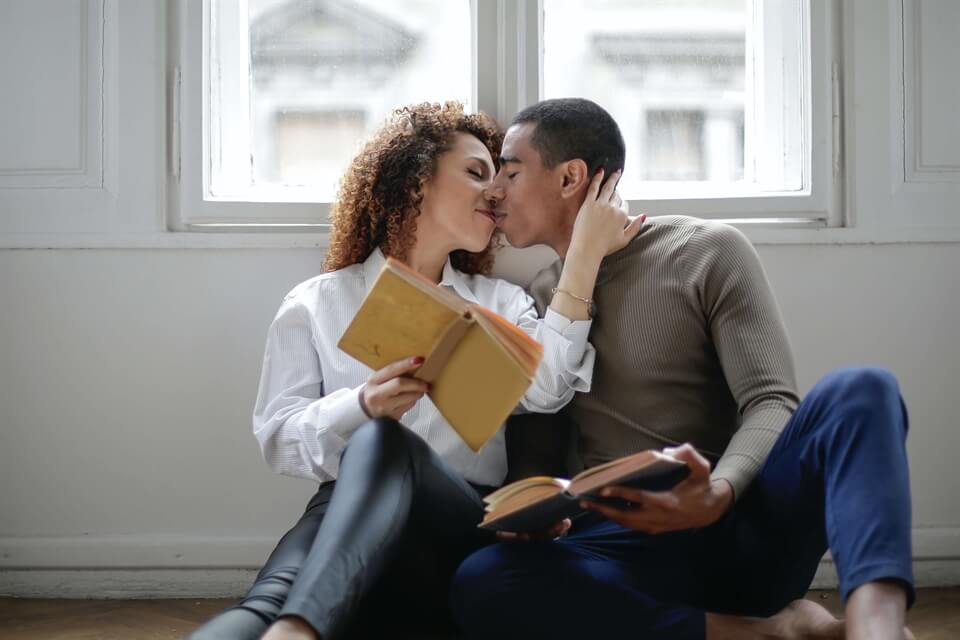
Yes, you read that right. Romance novels have helped me. They have helped me navigate hard times in my life (including but not limited to a pandemic, loss of income, depression and anxiety). They have helped me look at life very differently from my relationships to the way I see myself. They have helped me parent differently, show up as a friend differently, and also how I move around the world and interact with people. It's perhaps not for me to say exactly if I now approach all these things in a better way, but I certainly would like to think so and there is some evidence - from my partner, my kids, my family and friends - that does suggest I am a happier, more mindful and helpful person than I have maybe been at other times. How can romance novels have done all this? Well, in a nutshell what romance novels are about in essence is about love. But it's not just love between romantic partners, it's also the love people nurture for other people in their lives, for the world around them and for things they care about. And most importantly of all, romance novels are nearly always about main characters finding, nurturing growing in love for themselves.
All the above are just the ways romance novels have helped me as a reader.
As a writer, they have helped me in all these same ways but also in a very significant other way. By starting to write romance novels - which I did in earnest just over a year ago - I gave myself a long overdue gift. I gave myself permission to write feelgood books. I'm not saying that every single story I wrote before this point were all dark and twisted tales - although some of them absolutely are! - but rather, I had a very specific and real resistance to write stories that have a happy ending. Furthermore, I was reluctant to write stories that had a predictable format or a formulaic structure. I made it an obsession to write stories with twists nobody could see and I prided myself on shocking readers, often in really outlandish ways. While romance novels can absolutely come with their fair share of twists, turns, shocks and surprises, as I've highlighted above, the very thing that makes a romance novel a romance is that they have a predictable happy ending, and inevitably they all follow a version of a certain formula.
This predictability has helped my writing no end. Not only in terms of giving me an end destination for every single romance I write but there is reassurance in knowing when you follow a formula, you can expect a certain reaction. I'm still very much learning the art of writing a romance novel, but I am starting to find true freedom in having a pre-determined structure to my books. While I may know where my characters will end up by the end of the book, there is still an awful lot of liberty I can take in getting them there. And actually, knowing exactly where my characters need to end up to give readers that supremely satisfying HEA is a freedom in itself; no longer having to think of an outcome that will please one and all - phew, that's a whole lot of time and energy saved (although I absolutely take seriously my obligation to deliver this HEA in the best way possible).
(And don't worry, I can go as off the wall as I like in my series of suspense thrillers and believe me, I do!)
Why I Started Writing Romance Novels

I started to write romance novels for the same reason I started writing all my other books. I got an idea for a story. And I played around with that idea in my head, maybe in a Notes app on my phone for a while, and eventually through this stop-start and incredibly fun story development I could see I had more than just an idea.
Of course, I've had ideas to write love stories before, so why did I specifically start writing the romance books I am now writing and releasing into the world? In a nutshell, as I was devouring romance novels at an obsessive rate, I would invariably be struck by the thought, I bet writing one of these would be fun. Curiosity got the better of me and once I had an idea, I couldn't stop myself.
Although it took many months for me to go from reading romances, having an idea and then sitting down to write the story it was the seed for, it really was as simple as that. Except, it was also not very simple because I cannot overstate how much giving myself permission to write romances was a part of this process, and a truly essential part. When you give yourself permission to write something, anything, it's not just a case of enabling you to sit in a chair for hours typing away - although that is obviously a key component of this writing malarkey - but more it's a huge mindset shift. It's a green light to your creativity, to your ambition, to your hopes and your dreams. It's a beautiful gift that you give to yourself and I am also learning that you have to give it to yourself over and over again, which sometimes isn't as easy as I'm making it sound. There is so much in this world challenging you to write - fear, self-doubt, time constraints, everything else life wants to throw at you - but it does get easier to give yourself permission to write, especially when you start to experience the many benefits.
The Kind of Romance Novels I Write
The first idea for a romance novel I had involved a bisexual character moving from a relationship with one gender to a new relationship with another. I'm still not sure if that book will ever see the light of day (and there are many good reasons based on the sentence I just wrote why it shouldn't) but I have over 100,000 words written for a first draft. As I wrote in more characters in this book, something quickly became clear. I like writing bisexual characters. I like writing queer relationships. I like exploring sexual identity, yes, but more than that I love writing about queer love, and specifically bisexual love.
There should be no surprises there because I am a bisexual, and more significantly, I am a bisexual who grew up closeted, not just to the world around me but also to myself. While I have often read books about queer characters and love, I haven't read many books featuring bisexual characters in loving, happy relationships, especially not relationships that look like mine (where my partner is a cis-het man and where my bisexuality is celebrated, loved and not fetishized or a source of pain and conflict). You should pick up my book Five Sunsets and read the Author's Note I wrote to understand the poor representation of bisexuals in media and entertainment, and until recent years, literature wasn't much better.
I am but one new romance author, and I am far from the only one doing this, but I want to write contemporary, sexy, feel-good romances that always feature a bisexual main character, or failing that queer main characters. Those are the kind of romance novels I write, and proudly.
My Romance Novel Recommendations

Of course I'm going to shout 'GO CHECK OUT MY ROMANCE NOVEL FIVE SUNSETS' at this stage in the article, and you should forgive me for doing so, but truth is I only have one out right now, and my others will take quite a bit more time. In the meantime I wanted to recommend some of my favourite authors who happen to tick all the boxes I've referred to in this post.
Firstly, if the words "romance novels are badly written" have crossed your mind, or God forbid, your lips, I am going to hit you over the head with a Sierra Simone book. Her writing is truly exquisite, and is better than a lot of traditionally published literary fiction I've read. I need to quickly add that her books are spicy, and actually many of them play around with polyamory and kink, so do keep that in mind.
Another author I think could prove any "romance novels are trash" dialogue wrong is Alexis Hall. A gender-hopping author like myself, Alexis Hall's romances all feature queer characters in abundance and the writing is always exceptional. My favourite book by Alexis Hall (so far!) is Boyfriend Material, but the trans romance A Lady for a Duke is a close second.
Talia Hibbert is another author that prides themselves on writing diverse fiction including lots of queer characters. Their books often have main characters of colour and they are one of the best at depicting interracial love. Their writing is also hilarious and whenever I feel myself a little "American-ed out" after reading predominantly books by US authors, I will often pick up a book of Talia Hibbert's to make me feel like I'm getting a nice big hug from an old British friend of mine (same goes for Alexis Hall actually as he is also British). Start with her Brown sisters series to get a good taste of what Talia is capable.
Another author of colour that I will always recommend is Kennedy Ryan. Her books are so tender and raw and multi-layered that it's hard to really summarise what makes them so special other than simply saying they are rich and indulgent and that is what I have always loved most about books. I'm currently reading The King Maker and I think this would be a great Kennedy Ryan book to start with, although I also loved Queen Move and Reel.
In terms of steamy romcoms, an author you should know about is Tessa Bailey. Her best-selling books are renowned in the romance world and for good reason. Not only are they hilarious, but they bring all the spice along with plenty of feels. I also value her character development and think this is what makes her romances really work - you start thinking the characters are made for each other long before the dingbats have figured it out for themselves - and the endings while often deliciously dramatic are inevitably also juicily satisfying. Start with It Happened One Summer, or if it's the season go for her Christmas novella, Window Shopping.
And that is a wrap on my little love letter to romance novels including all the ways and all the reasons I love romance novels. If you've never tried one yourself but now you're curious, just go for it. Give it a go. And if you're already a member of the converted, hello to you, because the one thing I didn't even touch on in this post and really is a true benefit of romance novels is the wonderful romance reading community. Maybe I'll write a little love letter to you one day soon.
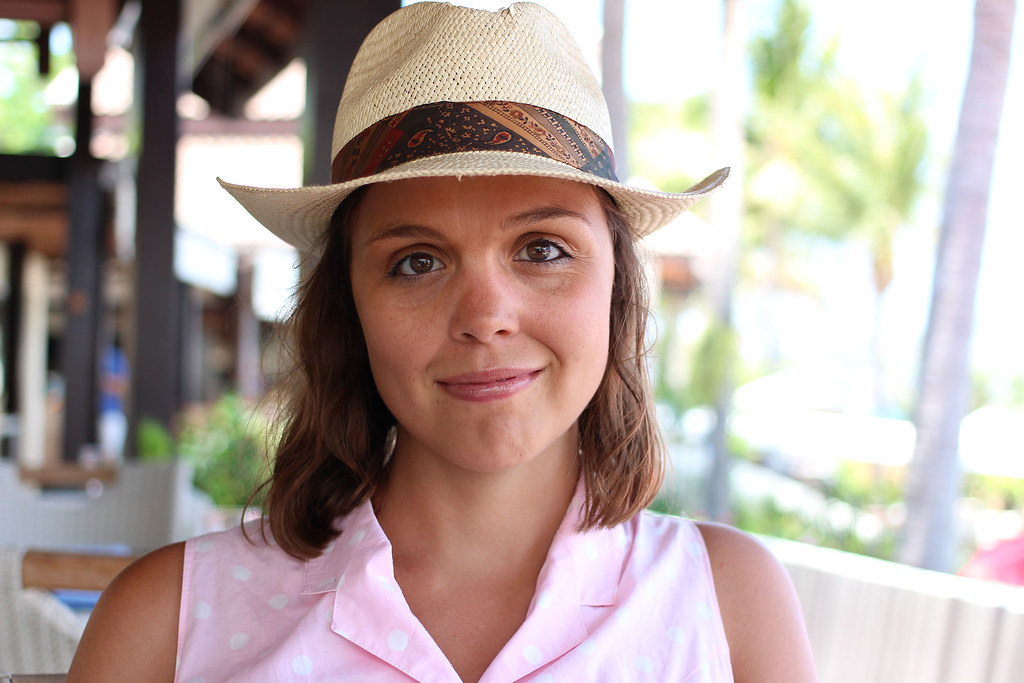
Frances M. Thompson
Londoner turned wanderer, Frankie is an author, freelance writer and blogger. Currently based in Amsterdam, Frankie was nomadic for two years before starting a family with her Australian partner. Frankie is the author of three short story collections, and is a freelance writer for travel and creative brands. In 2017, she launched WriteNOW Cards, affirmation cards for writers that help build a productive and positive writing practice. When not writing contemporary fiction, Frankie shops for vintage clothes, dances to 70s disco music and chases her two young sons around Amsterdam.
Find Frankie on Facebook, Twitter, Instagram, Pinterest, and Google+.
Find Frankie on Facebook, Twitter, Instagram, Pinterest, and Google+.
 Nightingale: Free Spicy Book Extract (Sapphic!)
Nightingale: Free Spicy Book Extract (Sapphic!)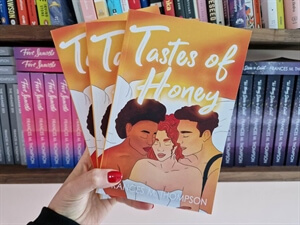 Tastes of Honey: Spicy Book Extract (Sapphic & Polyamorous!)
Tastes of Honey: Spicy Book Extract (Sapphic & Polyamorous!)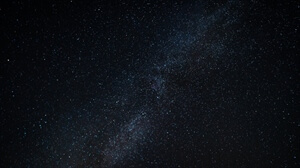 Too Many Stars to Count: Spicy Book Extract
Too Many Stars to Count: Spicy Book Extract Let Love Rule: Read the First Two Chapters
Let Love Rule: Read the First Two Chapters On Writing: My Writing & Publishing Plans for 2023
On Writing: My Writing & Publishing Plans for 2023 About the Blog & Frankie
About the Blog & Frankie Welcome to My Amsterdam Travel Blog!
Welcome to My Amsterdam Travel Blog! Welcome to My Luxury Family Travel Blog!
Welcome to My Luxury Family Travel Blog! Welcome to My Writing Blog!
Welcome to My Writing Blog! Lover Mother Other: Poems - Out Now!
Lover Mother Other: Poems - Out Now! I Write Stories That Move You
I Write Stories That Move You Order WriteNOW Cards - Affirmation Cards for Writers
Order WriteNOW Cards - Affirmation Cards for Writers Work With Me
Work With Me